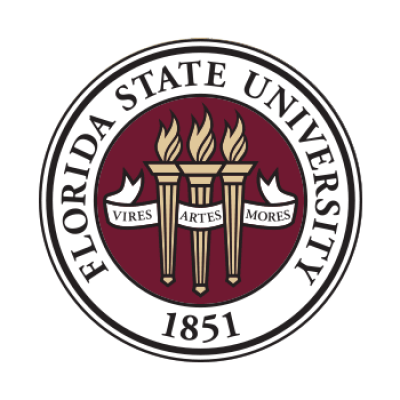Faculty

The Florida Department of Corrections (FDOC) received a multi-year grant from the National Institute of Justice (NIJ), to develop a system that utilizes data elements from FDOC’s various databases into a unified, real-time data warehouse. The Correctional Operations Trend Analysis System (COTAS) uses historical data to model the probability of incidents of violence occurring in all FDOC facilities in the state (at the facility and inmate levels).

The National Council on Crime and Delinquency (NCCD) recently announced the 2010 Winners of the Prevention for a Safer Society (PASS) awards. The awards are made annually to honor and recognize professionals who cover issues and highlight solutions to criminal justice, juvenile justice and child welfare problems. Dr. Daniel P.

On April 19 at the University Faculty Honors Convocation Professor Dan Maier-Katkin will receive awards as one of the University’s Outstanding Undergraduate Teachers as well as the Award for Outstanding Honors Thesis Mentor. Five of Dan’s students have won a total of six of the most prestigious awards for undergraduate theses and research in the last three years including the Undergraduate Research and Creative Activity Award, and the Kingsbury Award for the outstanding Honors thesis at the University in 2011.

The most recent issue of Criminology and Public Policy, Volume 10, Issue 1, February, 2011 edited by Tom Blomberg, Dean and Sheldon L. Messinger Professor of Criminology, was the focus of a congressional briefing February 15 in Washington. D.C. The briefing entitled: Crime and Imprisonment: How to Reduce Both was sponsored by the American Society of Criminology (ASC) and the Consortium for Social Science Associations (COSSA). Participants included:
Tagged: Faculty

Associate Professor Bill Bales and Karen Mann, the Director of the Center for Criminology & Public Policy Research, have received a subcontract from the University of Illinois at Chicago (UIC) to perform research consulting work on the project, “GPS Monitoring Technologies and Domestic Violence: An Evaluation Study”. This multi-state project was funded by the U.S. Department of Justice, National Institute of Justice

By Libby Fairhurst, January 2011
FSU CRIMINOLOGY IS NO. 1: PROFESSOR AND COLLEGE BOTH RANKED NATION’S BEST
Florida State’s Program Leads Field in Faculty Productivity, External Funding and more
TALLAHASSEE, Fla. — Renowned criminologist Alex Piquero of Florida State University has won the 2011 Academy Fellow Award from the Academy of Criminal Justice Sciences (ACJS), and it’s no wonder. The expert on criminal careers and crime prevention is ranked No. 1
nationally both for scholarly productivity and scholarly impact in his field.

Dr. Daniel Mears, Mark C. Stafford Professor of Criminology, has received a two-year grant from the Office of Juvenile Justice and Delinquency Prevention, entitled “Monitoring and Assessing the Effectiveness of Juvenile Justice Sanctions.”

The Russell Sage Foundation has awarded a research grant to Dr. Brian Stults and Dr. John Logan (Brown University) for their project entitled US 2010: America after the First Decade of the New Century. This project continues the Russell Sage Foundation’s long tradition of funding the analysis of key trends in American society every decade using statistical information from the decennial census. Stults and Logan improve on that tradition by building on the strengths of two very different projects.

The Law and Social Sciences Program of the National Science Foundation has awarded Dr. Vanessa Baker an 18 month grant to study how immigrants have been caught up in conflicts over national identity and global integration in Europe. It examines how immigrants are integrated differently through labor, politics, and social life in Sweden, France, and the UK and how these differences are manifest in each country’s criminal justice system.
The project asks three asks interrelated research questions:

The National Council on Crime and Delinquency (NCCD) recently announced the 2009 Winners of the Prevention for a Safer Society (PASS) awards. The awards are made annually to honor and recognize professionals who cover issues and highlight solutions to criminal justice, juvenile justice and child welfare problems. Dr. Vanessa Barker is the recipient of the 2009 NCCD PASS Award for her recent book entitled; The Politics of Imprisonment: How the Democratic Process Shapes the Way America Punishes Offenders (Oxford University Press 2009).
